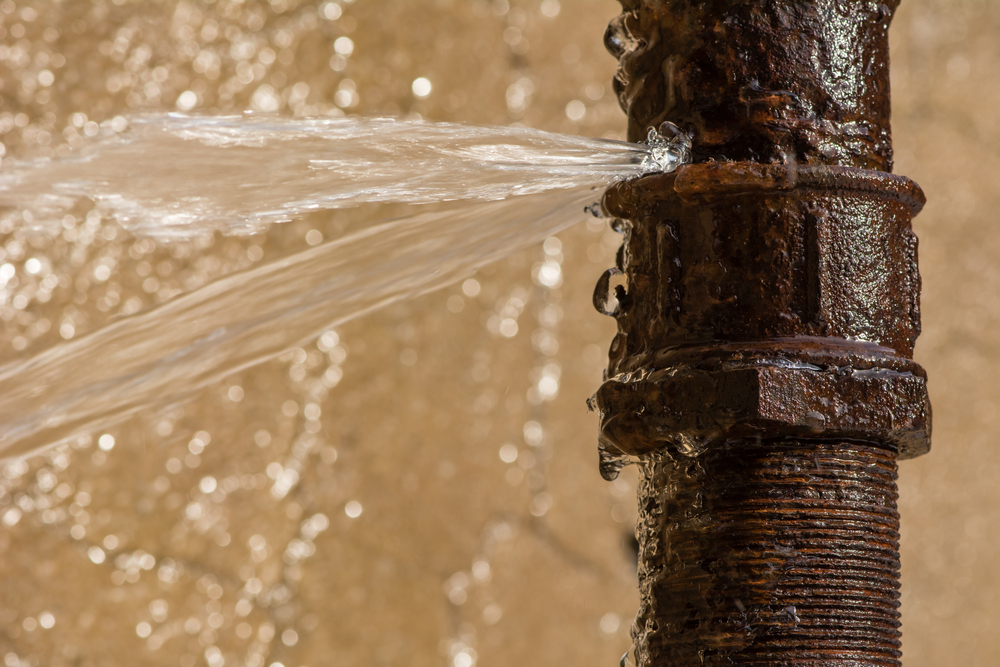Understanding the Basics: Preventive Care is the Best Care
Clogged Drains: The Dreaded Blockage
We’ve all been in a situation: standing water in the sink or a shower that refuses to drain. Clogged drains, one of the most common plumbing problems, often result from accumulated hair, soap scum, food particles, and other debris. If left untreated, such blockages can lead to foul odors and even pipe damage. To prevent clogged drains, be proactive. Regularly remove and clean stoppers in your bathroom sinks and tubs. It’s a simple measure but can make a significant difference.
Another essential tip is to invest in drain guards. Usually made of metal or plastic mesh, these guards catch debris before it goes down the drain, preventing potential blockages. A weekly routine of pouring hot water down your sinks can help dissolve minor obstructions, ensuring a free-flowing drain. Wayne Hyde Plumbing has dealt with countless clogged drains and recommends these preventive measures as a first line of defense.
Dripping Faucets: More Than Just An Annoyance
A dripping faucet is like the constant ticking of a clock – incessant and annoying. Beyond the annoyance, though, it’s crucial to recognize that dripping faucets contribute to significant water wastage. Over time, this can increase your water bills, sometimes without homeowners even realizing the root of the added cost. A common culprit behind dripping faucets is a worn-out washer or O-ring, which fails to form a watertight seal.
How can you prolong the life of your faucet and its components? One key tip is to avoid turning off your faucets too tightly. Over-tightening puts undue pressure on the washers, leading to faster wear and tear. Additionally, regular check-ups can spot potential problems. By scheduling routine inspections with professionals like Wayne Hyde Plumbing, you can identify and rectify minor issues before they escalate into a full-blown crisis.
Leaky Pipes: Hidden Dangers Behind Walls
Leaky pipes might be out of sight, but they should never be out of mind. These hidden menaces can cause extensive damage to walls, floors, and even the foundation of homes. Causes of leaky pipes range from changes in water pressure and corrosion to the natural aging of the pipes. Over time, small leaks can lead to mold growth, which poses health risks and compromises air quality.
It’s imperative to act preemptively regarding your home’s plumbing. Ensure your home’s water pressure is balanced; excessive pressure can cause undue strain on pipes, leading to leaks. Pipes located in colder areas should be insulated to prevent freezing and potential bursting in the winter months. Moreover, setting up regular inspections by plumbing professionals can help identify possible weak points, ensuring your home stays dry and damage-free.

Running Toilets: The Silent Water Waster
The continuous sound of water running in a toilet is more than just a minor disturbance; it’s a silent wastrel. Shockingly, a running toilet can squander up to 200 gallons of water daily. That’s an environmental concern and a significant dent in your wallet. There are many underlying causes of running toilets, ranging from a faulty flapper valve to an imbalanced float or leaky fill tube.
For the untrained eye, diagnosing the exact cause can be challenging. Start by periodically inspecting the internal components of your toilet. Look for signs of wear and tear, and feel free to replace parts that seem past their prime. If DIY repairs feel daunting or the problem persists despite your best efforts, consider seeking professional advice. A plumber can offer expert insights, ensuring your toilet runs optimally, not continuously.
Water Heater Issues: Cold Showers Ahead
Imagine this: after a long day, you’re looking forward to a relaxing hot shower, only to be greeted by an unwelcome stream of cold water. Water heater issues can manifest in various ways, from fluctuating temperatures to complete heating failures. Common problems include:
Sediment build-up at the bottom of the tank.
Malfunctions in the thermostat.
A broken heating element.
Regular maintenance is the key to prolonging the life of your water heater. Periodically draining your water heater can help remove sediment, ensuring efficient operation. Also, having professionals like Wayne Hyde Plumbing inspect your unit can pinpoint issues that might not be visible to the average homeowner. Remember, proactive care can help prevent those jarring cold-water surprises and ensure you always have access to hot water when needed.
Low Water Pressure: The Trickle-Down Effect
A well-pressurized water flow is essential for daily activities, from showering to washing dishes. So, when faced with low water pressure, these everyday tasks can turn frustratingly slow and tedious. While many might dismiss low water pressure as a mere inconvenience, it can indicate underlying issues. Often, clogged aerators are to blame, resulting from mineral deposits that accumulate over time.
However, if the issue isn’t localized to a particular faucet, it might point to a more severe problem like leaky pipes. Such leaks can erode your home’s foundation or lead to mold growth in concealed spaces. It’s essential to check faucets regularly for mineral build-up and clean them. If the issue persists or if you suspect more significant problems, don’t hesitate to consult a professional. Wayne Hyde Plumbing is always ready to assist, ensuring you enjoy optimal water pressure throughout your home.
The post Common Plumbing Problems and How to Avoid Them: Tips from the Experts appeared first on Wayne Hyde Plumbing LLC.

